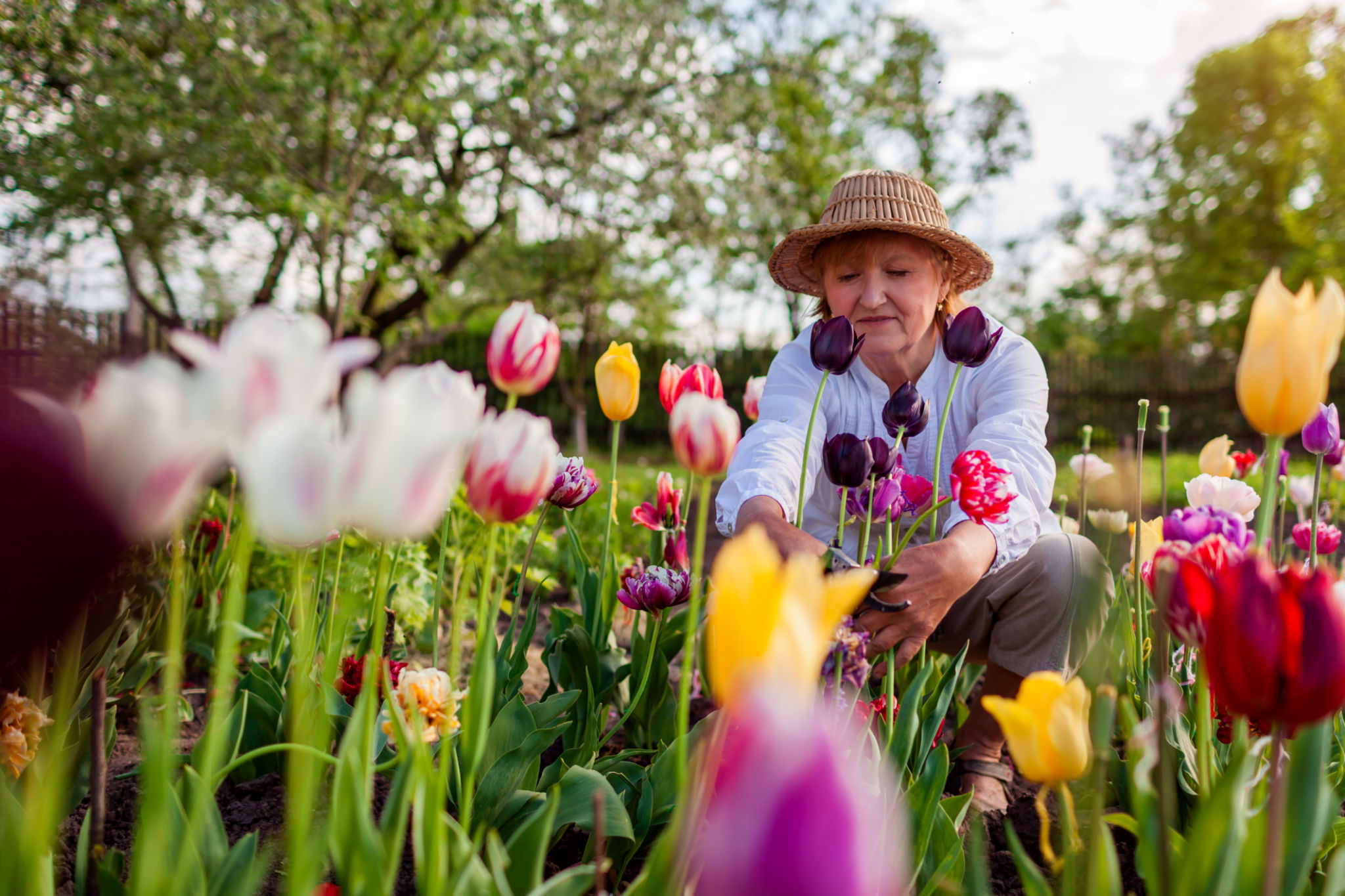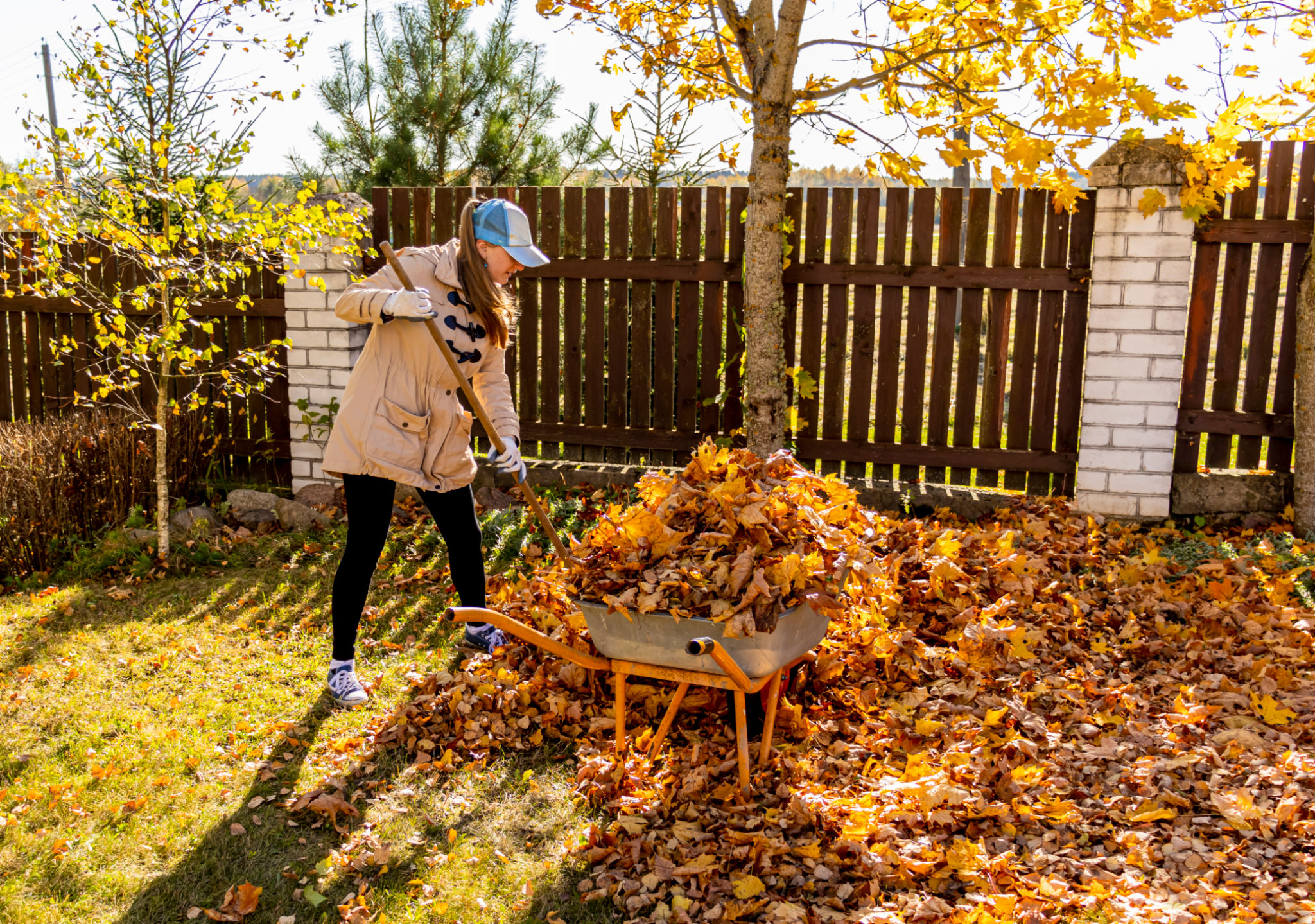How to Prepare Your Garden for the Changing Seasons in Hamilton
HS
Understanding Hamilton's Climate
Hamilton's climate is characterized by distinct seasonal changes, which means gardeners need to be proactive in preparing their gardens for each transition. The city experiences cold winters, warm summers, and moderate rainfall throughout the year, each bringing unique challenges and opportunities for your garden. Preparing your garden in advance can ensure that your plants thrive regardless of the season.
Spring Preparation
Spring is the season of renewal and growth. As temperatures begin to rise, it's time to prepare your garden for planting. Start by cleaning up any debris left from winter, such as fallen branches or leaves, as these can harbor pests and diseases. Next, assess your soil condition. Consider doing a soil test to determine its pH and nutrient levels, which can guide you in amending it with compost or fertilizers.

Once your soil is ready, plan your planting schedule. Early spring is ideal for cold-tolerant vegetables like peas and lettuce. As the weather warms, you can introduce more tender plants such as tomatoes and peppers. Remember to keep an eye on the last frost date in Hamilton to avoid planting too early.
Summer Maintenance
Summer in Hamilton can be hot and dry, so it's crucial to maintain consistent watering practices. Early morning or late afternoon watering helps reduce evaporation. Mulching is also essential during this time as it helps retain soil moisture and suppresses weed growth. Choose organic mulches like straw or bark chips for the best results.
Keep an eye out for pests and diseases during the summer months. Regularly inspect your plants for any signs of trouble and address issues promptly. Employ natural pest control methods such as introducing beneficial insects or using organic sprays to protect your plants without harming the environment.

Fall Transition
As summer fades into fall, it's time to prepare your garden for cooler temperatures. Begin by harvesting the last of your summer crops and cleaning up plant debris. This is also an ideal time to plant fall crops like kale, carrots, and garlic. These plants can thrive in cooler weather and will give you a harvest well into late autumn.
Fall is also a great time to add organic matter to your soil. Consider planting cover crops like clover or vetch, which can improve soil fertility over the winter months. Additionally, fall is the perfect season to plant spring-blooming bulbs such as tulips and daffodils.

Winter Preparations
Winter in Hamilton can be harsh, so protecting your garden from cold weather is essential. Start by mulching perennial plants to insulate their roots from freezing temperatures. You can also use burlap or frost blankets to cover sensitive shrubs and young trees.
Pruning is another important task for winter preparation. Remove any dead or diseased branches from trees and shrubs to prevent damage from snow and ice accumulation. Additionally, clean and store gardening tools properly to ensure they are ready for use in the spring.
Embracing Year-Round Gardening
With a bit of planning and effort, you can enjoy a productive garden throughout the year in Hamilton. By understanding the unique needs of each season, you can ensure that your garden remains healthy and vibrant no matter what the weather brings. Whether you're a seasoned gardener or a beginner, adapting your practices to the changing seasons will help you cultivate a beautiful and bountiful garden.